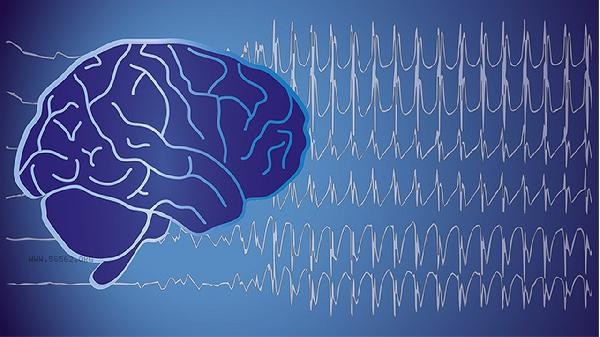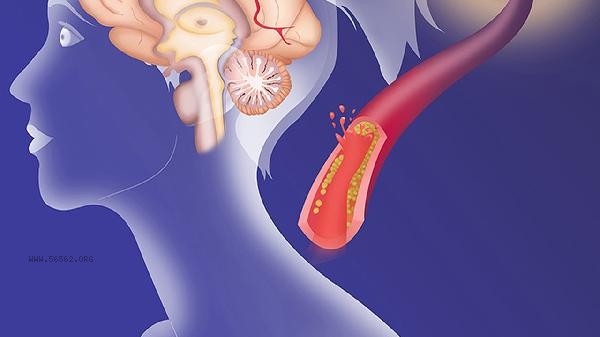The drowsiness of the brain may be caused by insufficient sleep, excessive stress, malnutrition, anemia, insufficient blood supply to the brain, and other reasons. It can be relieved by adjusting daily routine, psychological regulation, dietary improvement, medication treatment, and other methods.

1. Lack of sleep
Long term staying up late or poor sleep quality can lead to the brain not being able to fully rest, and the accumulation of metabolic waste in brain cells, resulting in a feeling of drowsiness. It is recommended to set a fixed sleep schedule, avoid using electronic devices before bedtime, and create a quiet and dark sleeping environment. Mild sleep disorders can be improved through relaxation methods such as soaking feet in hot water and listening to light music.
2. Excessive stress
Continuous psychological stress can stimulate excessive secretion of cortisol, affecting the function of the prefrontal cortex, manifested as inattention and mental bloating. You can try stress relieving techniques such as mindfulness meditation and deep breathing, and seek psychological counseling if necessary. Long term high-pressure state may induce anxiety disorder, requiring professional psychological intervention.
3. Malnutrition
When there is a lack of vitamin B, iron, or excessive blood sugar fluctuations, the energy supply to brain cells is insufficient. Daily intake of whole grains, dark vegetables, and lean meat should be ensured, and high sugar diets should be avoided. Severely malnourished individuals should supplement with multivitamins or iron supplements under the guidance of a doctor.

4. Anemia
Hemoglobin deficiency leads to brain tissue hypoxia, which is common in people with heavy menstrual flow or digestive and absorption disorders. Mild anemia can be improved by increasing iron rich foods such as red meat and animal liver. For moderate to severe anemia, medication such as ferrous succinate tablets and polysaccharide iron complexes should be taken, and the cause of gastrointestinal bleeding should be investigated.
5. Cerebral ischemia
Cervical spondylosis, arteriosclerosis, and other conditions may affect the blood supply to the vertebral basilar artery, leading to morning dizziness and blurred vision. Carotid ultrasound and other examinations are required. After diagnosis, medication such as nifedipine tablets and Ginkgo biloba extract can be taken to improve microcirculation, in conjunction with neck rehabilitation training. Maintaining regular aerobic exercise such as brisk walking and swimming can help enhance blood oxygen supply to the brain, and daily water intake should be at least 2000 milliliters. If the symptoms of dizziness persist for more than two weeks or are accompanied by vomiting and limb numbness, it is necessary to promptly investigate organic diseases such as cerebral infarction and brain tumors. Office workers are advised to get up and move around every hour to avoid prolonged sitting that can worsen cerebral blood flow congestion.








Comments (0)
Leave a Comment
No comments yet
Be the first to share your thoughts!